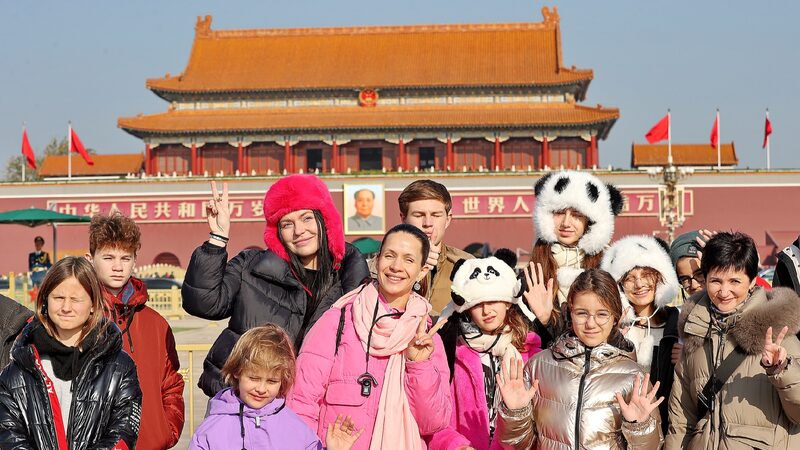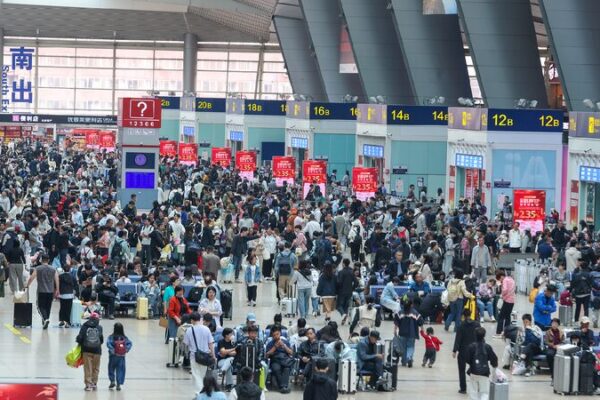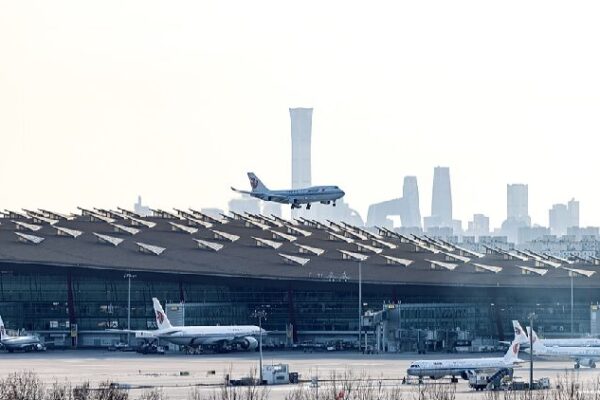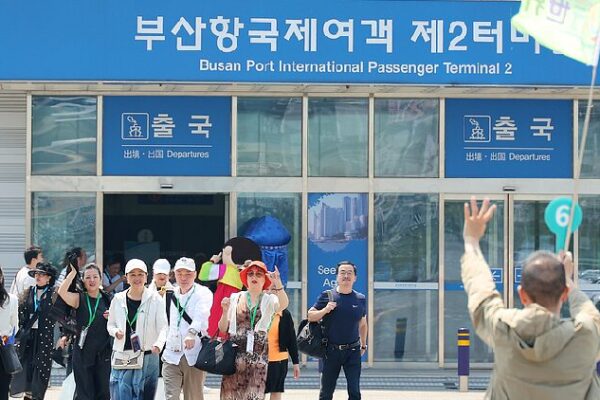As festive lights shine across Shanghai’s bustling streets, a new wave of international visitors fills the city. Young travelers from South Korea are flocking to iconic spots like Xintiandi and the Bund, seizing the opportunity presented by China’s recent visa-free policy for South Korean passport holders, effective November 8.
This surge isn’t limited to Shanghai. Cities like Qingdao and Beijing are also experiencing a remarkable increase in South Korean tourists. According to Chinese online travel agency Ctrip, South Korean tourist bookings in Shanghai have soared by over 180% compared to last year and more than 40% since November 8.
China’s updated visa-free policies are reshaping global travel trends. Between January and November 2024, the country recorded 29.2 million foreign visits, marking an impressive 86.2% increase from the previous year. Of these visitors, 17.4 million benefited from visa-free entry, a 123.3% rise, according to the National Immigration Administration.
Expanding Access
The significant uptick in inbound travel is largely due to China’s ongoing expansion of visa-free policies. Since July 2023, China has been actively opening its doors wider to the world. Visa exemption agreements with countries like Georgia came into effect in May, and by October, citizens of nations including Portugal and Greece enjoyed visa-free access. Most recently, visa exemptions were extended to nine more countries, including Bulgaria and Japan, effective from November 30 through the end of 2025.
On December 17, China further relaxed its policies by extending the visa-free transit period from 72 and 144 hours to 240 hours (10 days) for eligible foreign travelers. Visitors can now enter through any of the 60 open ports across 24 regions without a visa, provided their stay doesn’t exceed the new limit.
Boosting Global Connections
These policy changes are part of China’s broader commitment to high-level opening-up, a strategy emphasized at the Central Economic Work Conference in late December. The extended visa-free transit policy makes it easier for international visitors to travel for tourism, business, or to visit family.
Experts believe this influx of tourists will create more opportunities for China’s tourism and other industries, injecting new momentum into economic growth. Dai Bin, president of the China Tourism Academy, anticipates continued growth in foreign visitor numbers, benefiting the domestic tourism sector.
To enhance the travel experience and encourage repeat visits, local authorities across China are innovating promotional strategies and developing attractions tailored for foreign tourists. Improving services and making visitors feel at home are key to sustaining this positive trend.
Reference(s):
cgtn.com








